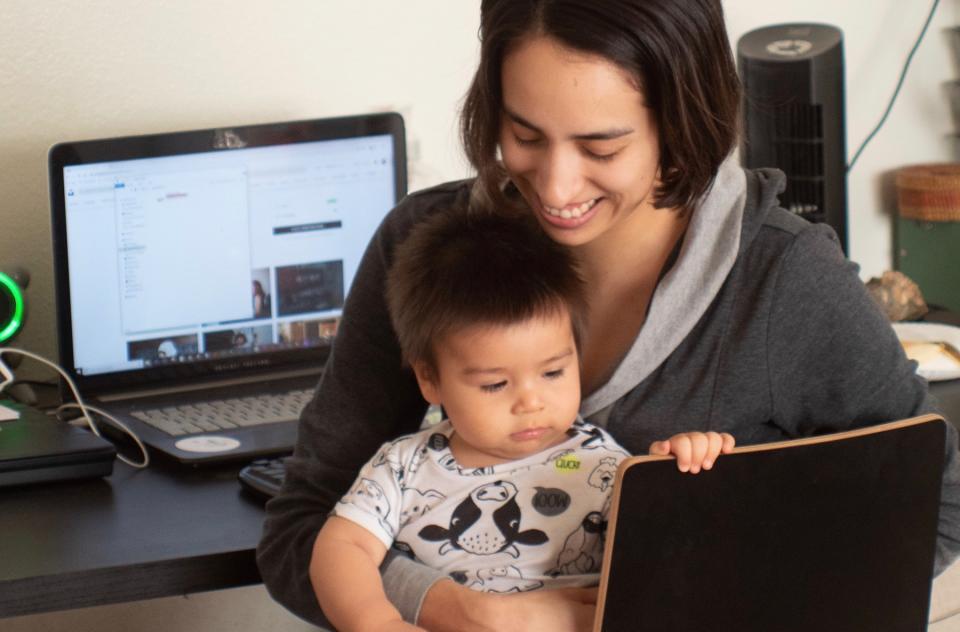How to Gather and Safeguard Information During Divorce

 Making the decision to get a divorce can feel scary for many reasons. Many entering the process for the first time have little knowledge of how to navigate it. Whether you're considering divorce or are already well into the process, one thing that may prove to be essential during or after your divorce is documentation. Maintaining accurate records for everything ranging from assets to communication could prove to be very important at any moment. Even if you aren't sure right now what you need or why you'd need it, consider having a plan for gathering and safeguarding your information.
Making the decision to get a divorce can feel scary for many reasons. Many entering the process for the first time have little knowledge of how to navigate it. Whether you're considering divorce or are already well into the process, one thing that may prove to be essential during or after your divorce is documentation. Maintaining accurate records for everything ranging from assets to communication could prove to be very important at any moment. Even if you aren't sure right now what you need or why you'd need it, consider having a plan for gathering and safeguarding your information.
Types of Information to Gather
The documents that you compile as you enter the divorce process will vary. You'll need personal information, financial records, property documentation, and much more. Talk to your lawyer about what exactly you will need to gather for your case. During and after a divorce, maintaining documentation of ongoing communication is useful because if there is a dispute over an agreement or harassment taking place, you may call upon your communication records as a way to prove what was actually said. Co-parents may find that communication records become quite useful to have on hand, as they will share the responsibility of raising their children together after divorce and may run into conflict over issues related to parenting. Communication about your parenting schedule, important family information, and any general discussions you have could prove to be evidence of your involvement in co-parenting. It can also demonstrate any issues that come up such as violation of orders or even lack of communication. Again, your lawyer will have the best guidance for you as far as what you need to gather and maintain moving forward, but having this kind of information well documented throughout and after the divorce process will keep you prepared for what may come.
How to Safeguard Your Information
Preserving the integrity of the documentation that you have is essential. You'll want to ensure that your information cannot be tampered with or lost, as this can set you up for trouble if you're not careful. Get any hard copies of documents scanned and uploaded to a secure place. You may want to save your copies in another location other than your computer such as an external hard drive or to a cloud-based service that will store the documents for you. Communicating using applications built for co-parent communication will often automatically back up your communications and safeguards them indefinitely. For instance, the web and mobile applications offered by the OurFamilyWizard® website will protect the accuracy of every entry and maintain a complete history of actions taken that relate to each entry. If a parent creates an event on the calendar and edits it later on, there is a record that shows what the entry was prior to the edit plus the changes that were made. Every message and the histories of other entries posted on OurFamilyWizard® are saved indefinitely and can be saved in PDF reports or printed at home at no additional cost. This makes it easy to provide a clear picture of co-parent communication and demonstrate where certain issues stem from.
The ways in which you gather and safeguard your information during and after a divorce can prove to play a big role if you ever run into issues in the future. However, the truth is that having clear, unambiguous documentation can help you to avoid taking disputes back to court. With the evidence clearly there for both you and your co-parent to see, you may have more luck in reaching agreements and settling disputes on your own or with the help of a neutral third party like a mediator. By safeguarding your information, you'll also better able to safeguard your sanity by avoiding costly disputes down the line.


